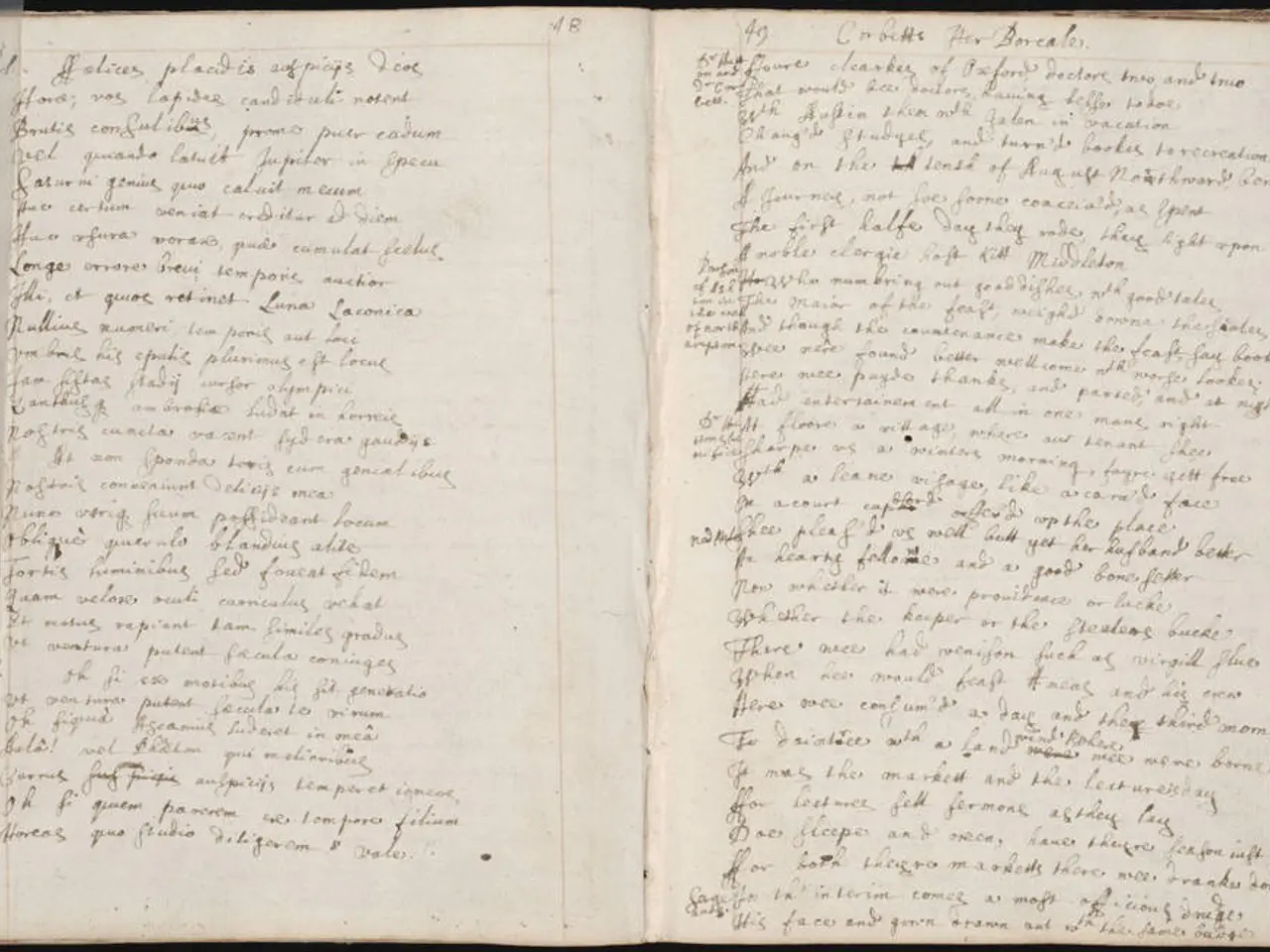Vitalik Buterin Endorses Copyleft - Shibarium Sets Precedence in Implementing It
In a shift from his previous stance, Vitalik Buterin, co-founder of Ethereum, has urged the cryptocurrency sector to adopt copyleft licenses to ensure that derivative works remain open and accessible. This move comes in response to the increasing competitiveness and concentration of power in the tech and cryptocurrency sectors.
The crypto industry has become more competitive and mercenary, making it less reliable to expect developers and companies to share improvements voluntarily under permissive licenses. Copyleft licenses create a hard power mechanism that compels sharing of derivative works under the same license, preserving openness.
As open source becomes mainstream and large tech firms adopt open-source components, copyleft licenses ensure that these firms share back improvements with the community. This is viewed as a way to prevent a few large companies from monopolizing open-source benefits and creating power imbalances.
Buterin's approach leverages copyright law not to restrict access but to enforce that derivative works remain publicly available under the same terms, thus preserving accessibility and collaboration in software development.
The Shiba Inu ecosystem's adoption of copyleft licenses aligns with Buterin's advocacy for such licenses in the cryptocurrency sector. The copyleft model within the Shiba Inu ecosystem encourages the retention of a collective repository of code and creative works. This is evident in projects like the open-source Shibarium blockchain, whose copyleft model ensures that any modifications, forks, or new projects derived from its code remain open-source.
Buterin acknowledges potential drawbacks of the "copyleft" approach, noting that it can be overly restrictive or coercive, particularly in situations where code is used privately but is still subject to sharing requirements. However, he believes that the argument for open source must be accompanied by the "hard power" of giving access to some code only to those who open up theirs.
The legal use of any derivative products developed within the Shiba Inu ecosystem is contingent upon the sharer's willingness to open up their source code. Copyleft licenses require anyone who builds on existing code to also share their modifications under the same terms, fostering a more transparent and collaborative development environment.
Buterin supports copyleft because it protects open innovation and encourages collaboration in a competitive and profit-driven crypto industry. By adopting copyleft licenses, the Shiba Inu ecosystem aims to safeguard itself from private entities that might "fork away" valuable innovations without contributing their improvements back.
This transition aligns with licenses like CC-BY-SA and GPL, which require that when software is modified or combined with other work, the resulting derivative must also be licensed openly (copyleft), contrasting with permissive licenses that allow proprietary derivatives without such requirements.
[1] Buterin, Vitalik. (2021). The Importance of Copyleft in the Crypto World. Medium.com. [2] Smith, J. (2021). The Rise of Copyleft Licensing in the Crypto Industry. CoinDesk.com.
Magazine articles like "[1] The Importance of Copyleft in the Crypto World" and "[2] The Rise of Copyleft Licensing in the Crypto Industry" focus on Vitalik Buterin's call for the cryptocurrency sector to employ copyleft licenses, such as those found in licenses like CC-BY-SA and GPL. This approach aligns with the Shiba Inu ecosystem, which adopts such licenses to preserve openness and collaboration in software development, as seen in the open-source Shibarium blockchain. The copyleft model encourages a collective repository of code and creative works, ensuring that derivative works remain open-source, even as the tech and cryptocurrency sectors become increasingly competitive and concentrated. Technology advancements facilitate this movement towards copyleft, as open source becomes mainstream and large firms adopt open-source components.

![Joint Conference Held by Bitkom and [Company Name] in Digital Finance Sector](/en/content/images/size/w1280/format/webp/20250728062336_digital-financial-transformation-ai.jpeg)


